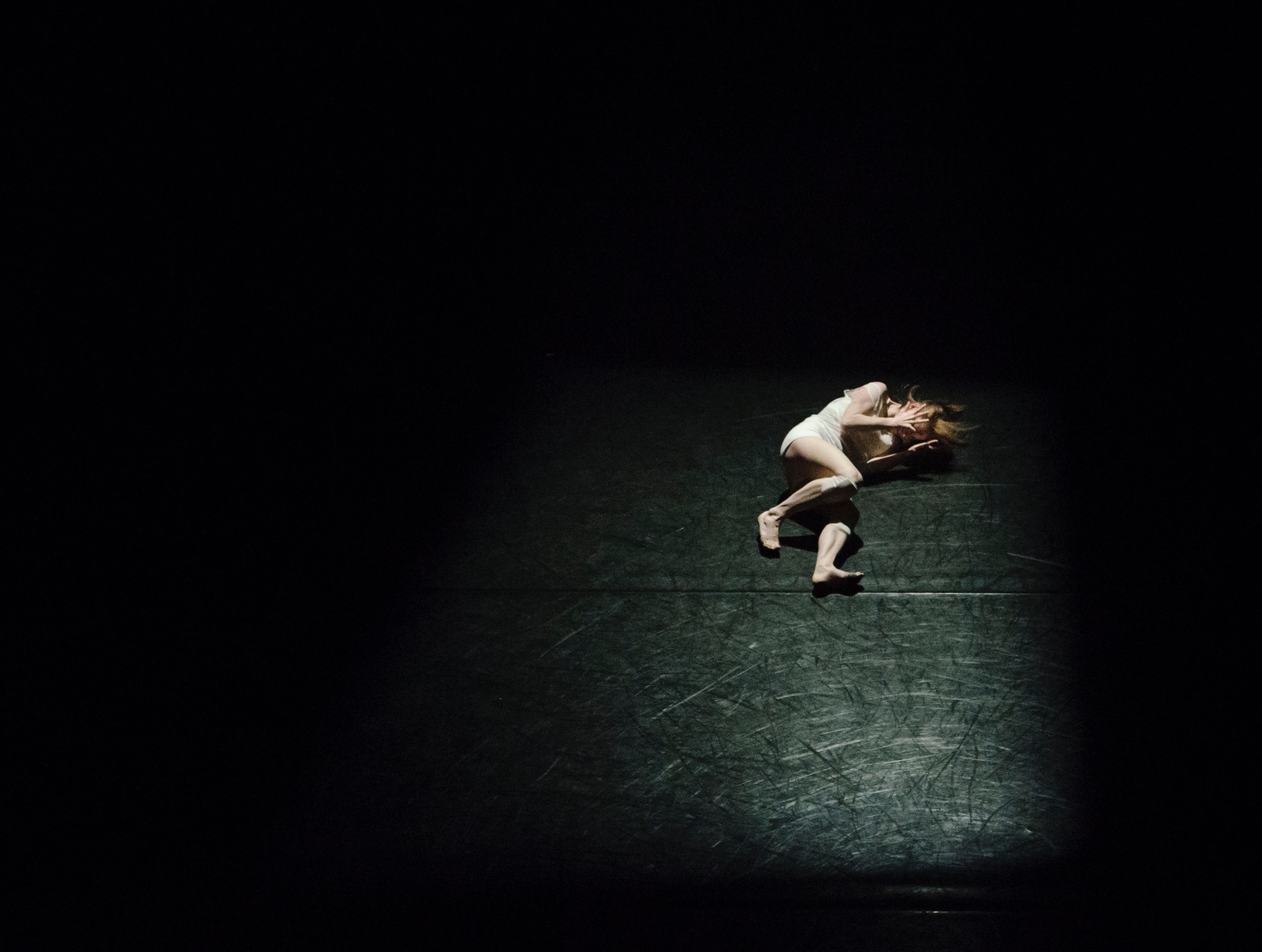Overthink
Turbulent Relationships: Endings
Jun 06, 2018

I’m not sure what’s changed, but I’ve grown to dread endings. I used to look forward to them in school, work, movies, books, but now I work to avoid them. I work to avoid the inevitable—a futile endeavor, like trying to hold water in your bare hands for long. Eventually, the book will end, the water will escape.
While writing, my endings would come first. There was something so finite in the way I would think of poems, as abandoned islands versus a commuter friendly city. Maybe it’s because I was young, and the world seemed so compartmentalized. Everything that happened was distinct from other events. Working as a hair dresser was distinct and separate from working as a student of literature—like getting poor grades in one class, yet good grades in another. I was not able to consciously apply and transfer successful skills between roles, which my writing mirrored. Yet, now I can’t help but see the connections. Learning to be a successful communicator as a hair dresser helped me articulate myself as a student. When I learned to apply the same passion and curiosity from classes I liked to those I didn’t particularly enjoy, my grades rose. One event contributed to another event. As much as we would like to compartmentalize and organize our world, there are way more liminal spaces, spaces that fall in-between clear identities. So, I now write poems that are hard to disentangle from the one before and after. And I struggle with the question: How do I end a story that isn’t over?
My students also struggle with endings. In their youth, many of them may not have finished many things in their life to be familiar with endings. So, conclusions baffle them. I tell them it’s like an argument where you gain the upper hand by listing everything your partner has done and walking away. Not that this is the type of ending we should ever strive for, but, for many of us from dysfunctional homes, this is what relationships often look like: They are a power struggle no one wants to lose. Because the only thing that’s worse than an ending is an unhappy one. So, we’ll take any small victory we can get. And the manipulative rhetorical strategies behind writing hold the same goals. We writers want you readers to be on our side until the end.
Yet, endings are artificial. They are the bow that seals a present. Endings give their tellers the small pleasure of control. When, in reality, there is no pause—only a continuum. But, we all know stories can’t go on forever.
I have two favorite endings: The last scene of the fourth season of Peaky Blinders, and the last few sentences of David Mitchell’s Cloud Atlas. The work and revision that went into both of these are apparent in their execution. I won’t spoil the magnificence that is Tommy Shelby’s masterful act of revenge. However, I will share Mitchell’s ending: “My life amounts to no more than one drop in a limitless ocean. Yet, what is any ocean, but a multitude of drops?”
The beauty of Mitchell’s ending is he is speaking to the continuum of experience. The way one drop is unidentifiable from another in small or large quantities of water. The way that the character Adam Ewing’s life seems inconsequential as a singular drop yet makes sense when a contributor to the “limitless.” Even though I don’t like endings, when I finish something, like Ewing, I know someone is starting something else. When they finish, another person begins again. Even though we like the artifice of an ending, we are contributing to the continuum, to the “multitude of drops.” We are opening the next rung in the ladder for the person behind us to take a step.
We all know a person who can’t let go. My mom is one of those people. My dad’s ending was and is one she can’t close. And even though there’s a progression, there is still a pause in those people’s lives. It’s like watching a treadmill gather distance without anyone using it. There is an emptiness. So, as my classes end or have ended, I have much to be grateful for. Whether I was successful or not, I’ve learned a lot and am ready to take that step. Yet, I’ll live in this momentary pause, this reflection for a bit until I have to move on again.

